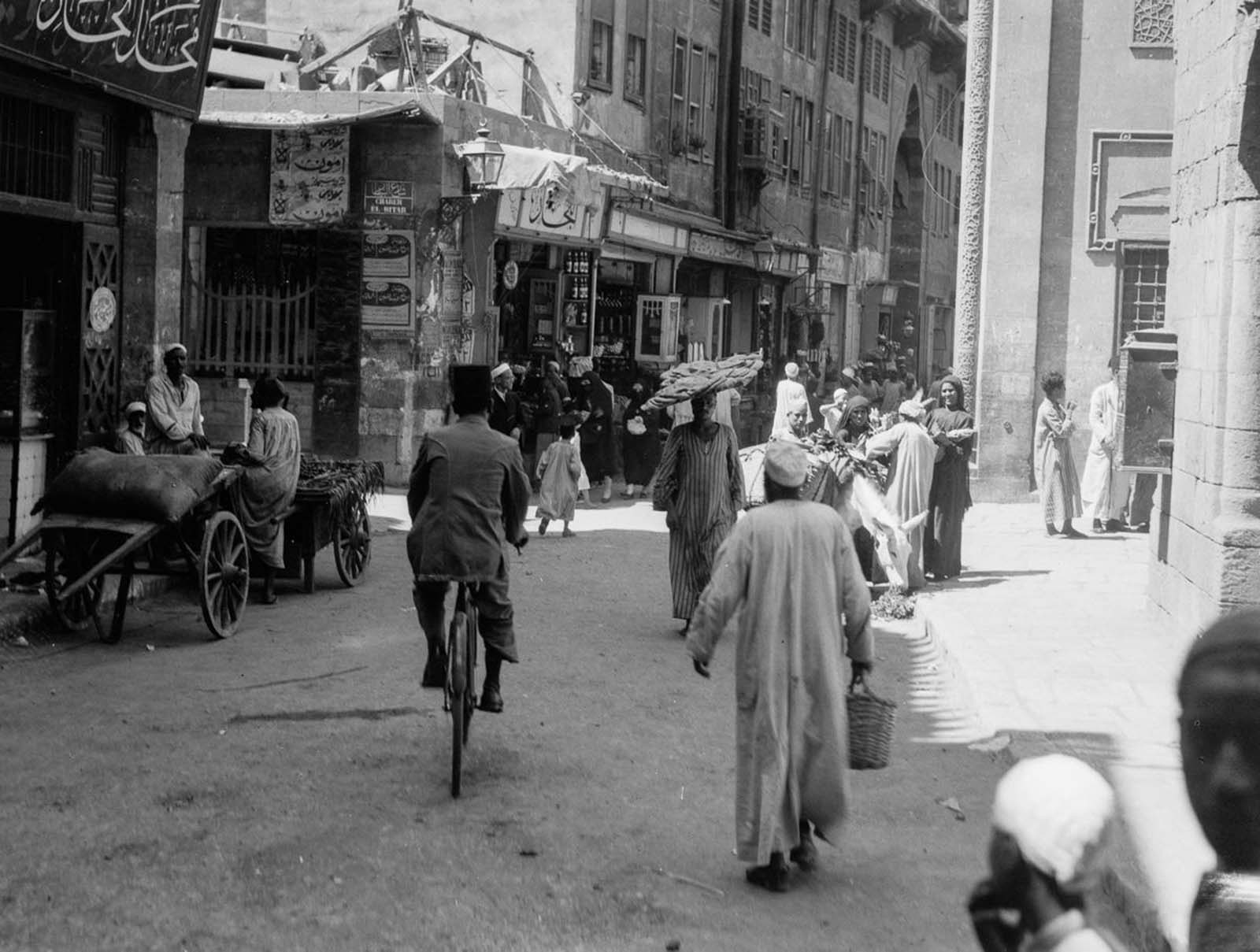
by Relli Shechter
Tell us a bit about your book
The Egyptian Social Contract discusses the long-term history of the social contract in Egypt since partial independence from the British (1922) and until the Arab Uprising (2011). It focuses on state–middle class relations, and on the social contract as a formal and informal agreement central to these relations. The book weaves together public debates over the social contract, a legal–constitutional history of the social contract, and a ‘follow the money’ approach that studies who actually benefitted from the social contract and how.
The book studies the making of a liberal–conservative social contract under the monarchy (1922–52), and its gradual breakup under a process of decolonisation that began during the mid-1930s. This breakup allowed the gradual emergence of a new contract, one that would particularly accommodate the rising middle class. Current research associates this social contract with President Nasser’s populist and authoritarian social contract of the 1960s. The book both dates back the making of this social contract and assigns greater social agency in explaining how it came into being. The book later follows a long and tortuous search for a new social contract in Egypt (1970–2011) and one that only partially succeeded. It outlines an unintended reciprocity between a moral economy that was to support social justice for the middle class and a regime stalling on democratisation.
What inspired you to research this area?
As a student of Egypt for many years, the 2011 Uprising took me and many of my colleagues by surprise. It was a wakeup call to engage more closely with the study of politics. In The Egyptian Social Contract, I maintain a past interest in the economic and social history of Egypt. However, I employ it more closely in the analysis of Egypt’s unfolding political history. In the aftermath of the 2011 Uprising, and the backlash of authoritarianism in Egypt, the book employs historical analysis to contemplate the role of society in facilitating political persistence and change.
What was the most exciting thing about this project for you?
To employ a long-term approach in the combined study of Egypt’s past and present. Let me explain. In a recent book – The Rise of the Egyptian Middle Class – I took a deep dive into the 1970s and the early 1980s to discuss the exponential growth of this class in an age of oil boom and attempts at liberalising the Egyptian economy. The Egyptian Social Contract is, in a sense, a sequel to this book. It explores state–middle class relations on a much broader timeline.
I enjoyed taking such a bird’s eye view on Egyptian history, and for two reasons. First, to explore more continuity than social scientists often assumed between different eras of Egyptian history. Secondly, to investigate structural similarities between these eras, despite changing historical contexts overtime. I found class analysis – now a less common venue for socio-political research – a particularly useful conduit to rethink Egyptian history.
Did you discover anything particularly strange or surprising?
Egypt’s political analysis is often engaged with top-down research into how the state shaped economy and society. In much such research, the social contract in Egypt and elsewhere in the Middle East is associated with an authoritarian bargain according to which the state gave economic rights to citizens in return for denial of their political rights. My main surprise while writing the book was to realise again and again the centrality of middle-class agency in formulating the social contract, therefore shaping Egyptian politics from middle-up. No less surprising was to discover how deeply a social contract with the middle class tracked the socioeconomic mobility of Egypt’s lower classes and Egypt’s economic transformation as a whole, along such class lines, and for so long.
Has your research in this area changed the way you see the world today?

As should be abundantly clear by now, I tend to put society first in the analysis of current events, for example, the unsettling global rise of authoritarianism. As a researcher of sociopolitical processes, I ask: how do particular social contexts accommodate the rise of authoritarian regimes? More so, how does socioeconomic discontent – often the result of a global process of neoliberalisation that forms an impoverished and proleterised middle class – facilitate such a political change? These questions are all but theoretical. The re-emergence/persistence of authoritarianism in Egypt and elsewhere in Middle East in the wake of the 2011 Uprising, along with the decades-long erosion of the middle class, might indicate that worse is yet to come.
What’s next for you?
I am currently expanding my research on the Egyptian social contract to an integrative analysis of social contracts in the Middle East. I aim at investigating how social interactions across the newly established independent states of the region during the 1950s and the 1960s shaped society-state relations in different countries – republics and monarchies alike.
About the book

The Egyptian Social Contract
A History of State-Middle Class Relations
Examines state-middle class reciprocities in the making, persistence and failure of the Egyptian social contract
The Egyptian Social Contract explores the intricacies of the relationship between the state and its citizens, from the establishment of the semi-independent Egyptian nation in 1922 until the 2011 Uprising. The book studies how and why a social contract that had been reformed in the aftermath of World War II became the core of state–citizen relations under President Nasser. It further explores the long and tortuous search for a new social contract in Egypt since the 1970s.
About the author
Relli Shechter is Associate Professor and Chair in the Department of Middle East Studies at Ben-Gurion University of the Negev, Israel. He received his PhD from Harvard University.
Sign up to our mailing list
Want to hear more about what we’re publishing? Sign up to our mailing list! You’ll be the first to hear about new books, blog posts and events.
(Featured Image photo credit: Library of Congress)






Fascinating perspective on how Egypt’s middle class played a central role in shaping the country’s political and economic landscape. I really appreciated the long-term historical approach—it added so much depth to understanding the present.